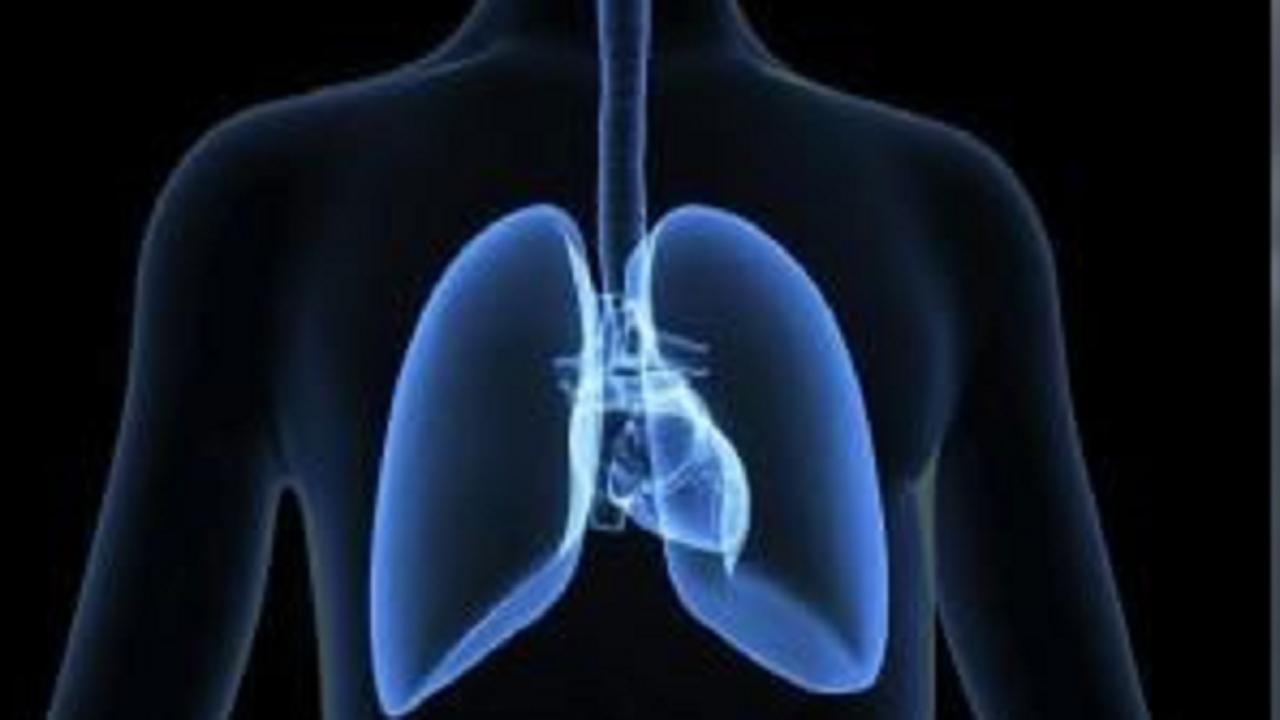The study, published in the peer reviewed journal Lung India, examined 42 patients with Covid-19 pneumonia requiring oxygen therapy with severe acute respiratory syndrome and a positive Covid-19 swab test

Representational Image
The majority of Covid-19 patients, even those with severe Covid-19-related pneumonia, are likely to show signs of improvement in the lungs, both structurally and functionally within three months, showed a study by doctors at the Kokilaben Dhirubhai Ambani Hospital here.
ADVERTISEMENT
The study, published in the peer reviewed journal Lung India, examined 42 patients with Covid-19 pneumonia requiring oxygen therapy with severe acute respiratory syndrome and a positive Covid-19 swab test. They were followed up over a period of five months.
About 11 (26.2 per cent) patients had moderate and 31 (73.8 per cent) patients had severe pneumonia. The mean age was 58 years. The patients were treated with remdesivir and steroids with the average duration of steroids being about two weeks.
The results of lung function tests and CT scans showed that the lungs recover well and the functioning continues to get better. The majority of these did not require oxygen at the end of the three month study.
"We saw consistent improvement in the lung function and CT scan after three months. Most patients recover very well, and this has also been the case in previous viral pandemics," said Dr Sumeet Singhania, Consultant, Pulmonary Medicine, Kokilaben Dhirubhai Ambani Hospital, in a statement.
"There is no need for patients with mild to moderate Covid-19 to panic about lung fibrosis as most will continue to get better with no major impact on their lifestyle. It is only in a very small number of patients who have very severe Covid-19 that symptoms like breathlessness persist in the long run. But even in those patients, there will be an improvement with time," he added.
The three-month study also showed improvement in lung functions without any anti-fibrotic therapy, indicating that every patient with Covid-19 infection need not be started on anti-fibrotic medication.
"Anti-fibrotic drugs can slow down the process of fibrosis and not reverse it, and while their role has been proven in chronic lung disease, they are not useful in acute pneumonia or ARDS," Singhania said.
The team now aims to expand the study and have registered around 300 patients.
This story has been sourced from a third party syndicated feed, agencies. Mid-day accepts no responsibility or liability for its dependability, trustworthiness, reliability and data of the text. Mid-day management/mid-day.com reserves the sole right to alter, delete or remove (without notice) the content in its absolute discretion for any reason whatsoever
 Subscribe today by clicking the link and stay updated with the latest news!" Click here!
Subscribe today by clicking the link and stay updated with the latest news!" Click here!






